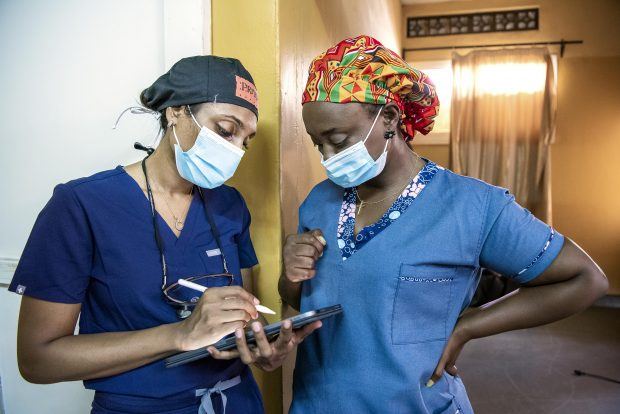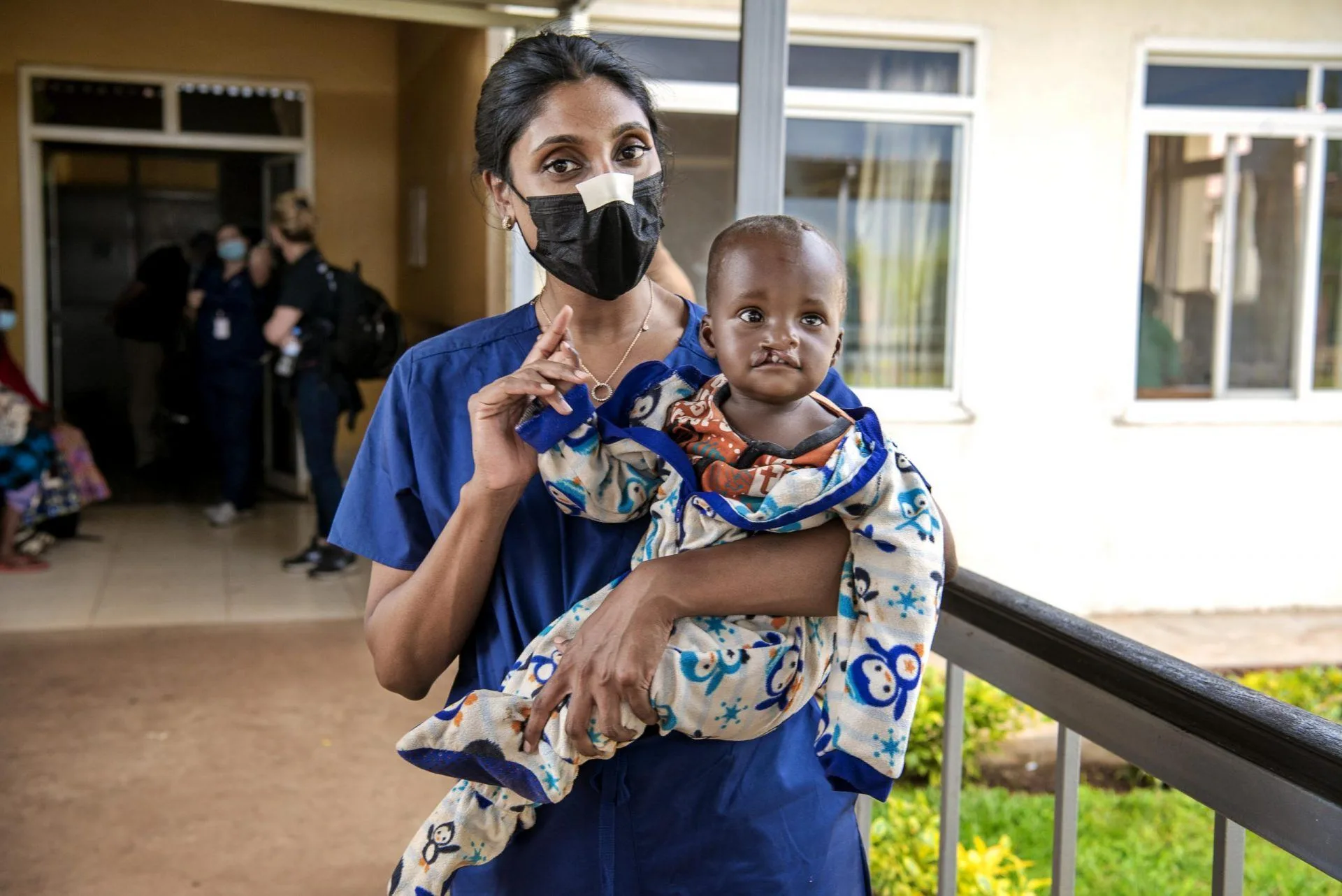Africa. Today, women make up the majority of students in most South African medical schools. However, when it comes to surgical specialties. These are traditionally still dominated by men. Furthermore, women hold just 25% of senior roles in health institutions. In honor of Women’s Month in South Africa, we spoke with an aspiring female pediatric reconstructive surgeon from Cape Town. Dr Priyanka Naidu, MBChB, MSc is an aspiring pediatric reconstructive surgeon.
We may have come a long way when it comes to the gender pay gap
However, there is still a decent stretch of road ahead of us. This is particularly true when it comes to healthcare. This is a sector that has an average gender pay gap of approximately 24%.
According to the 2022 global sectoral gender pay gap report by the World Health Organisation. On average, this is higher than in non-health sectors. It also reflects men as the top earners. This is despite the fact that women represent 67% of the workers in the health and care sector.
For this reason, it is very important to celebrate and acknowledge those who are advocating for more women in leadership roles in the healthcare sector.
And Dr Priyanka Naidu is doing just that
She is also working to ensure that specialist healthcare services become more accessible in under-resourced communities. In 2015, Dr Priyanka Naidu was announced as one of South Africa’s Top 200 Young South Africans for her work in the healthcare sector.
She is a Global Surgery Fellow for Operation Smile. Her focus is primarily focused on the education, training, and health systems as well as geospatial mapping of cleft care providers in Operation Smile’s programmatic countries.
The biggest challenge in her journey, Dr Priyanka Naidu explains, was proving herself and her value in the medical field. This field is well-documented to be male-dominated.
Dr Naidu is committed to supporting other women in medicine and providing a lasting change in her sector. Here, female physicians and surgeons are still in the minority.

Furthermore, there are a lot of barriers that need to be overcome. For many women, this creates difficulties. Especially when they want to build a career and start a family. The World Health Organisation gender pay gap report is in agreement with this, after finding evidence pointing to a motherhood gap in the healthcare sector.
“One day, I hope that my most noteworthy achievement will be my children and my family. As a female surgeon, creating this reality of a family is a delicate balance – it’s as terrifying and challenging as it’s rewarding.”
Dr. Priyanka Naidu speaks highly of the plastic surgery program at the University of Southern California. This is one of the places where she was accepted for training and exposed to pediatric plastic surgery. She says she has long wanted to pursue this path. According to her, the program is very supportive of female surgeons.
At the moment, women hold just 25% of senior roles in health institutions
“It’s important to increase not only the number of women in surgery,” says Dr Priyanka Naidu, “but also the number of female surgeons in leadership positions. Women are often overlooked as healthcare providers and leaders in these spaces. Our voices are often not heard because we aren’t given a seat at the table. But the tides are changing.”
She recently co-authored an op-ed for Mail&Guardian along with Allyn Auslander, the Associate Vice President of Research at Operation Smile. Dr. Priyanka Naidu urges us to make this the decade of women’s rise in global health.
“More women in medicine — particularly in positions of leadership — will create prosperity, empower women, and close the surgeon shortage,” she says. “To empower women, we need more initiatives that offer opportunities for leadership and career development.”
When women are included in decisions, we can initiate a revolution in health innovation, explains Dr Priyanka Naidu. “In Morocco, a local researcher shared with us a potential cause of cleft conditions that are rarely studied but potentially affects thousands. This is something that is only present in certain regions of the world, and we only know because she had a seat at the table.”
This covers diversity when it comes to race as well as gender, says Dr Priyanka Naidu
She stresses that well-represented communities are able to serve a wider variety of settings, individuals, and realities. This is particularly important when it comes to research. Typically, research lacks genetic diversity. When this happens, globally, there are severe implications for patient care. In turn, this negatively influences the type of care patients to receive.
“Digital technology. Medical innovation. Education and opportunities. Understanding those in need through quality and diversity in research. This is the model for a global health system that is equitable, dynamic and, most of all, effective.”
Want to know more? Click here to find out why healthcare is a great move for your career.





![women [longevity live]](https://longevitylive.com/wp-content/uploads/2020/01/photo-of-women-walking-down-the-street-1116984-100x100.jpg)









